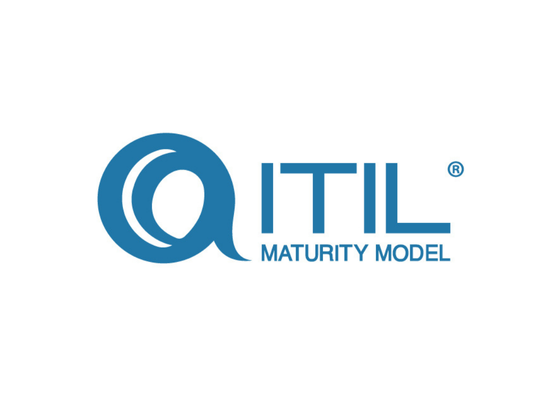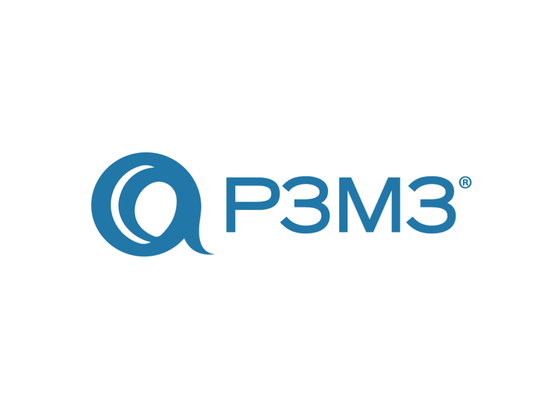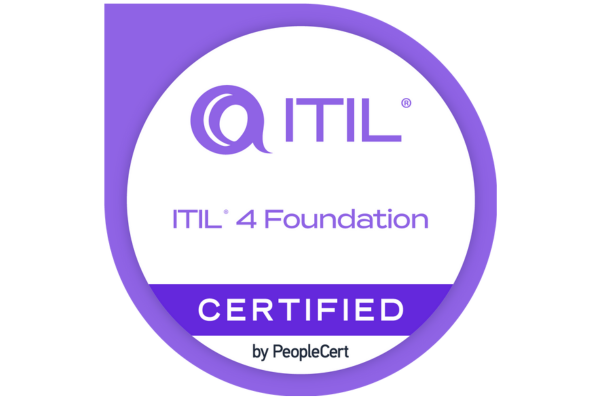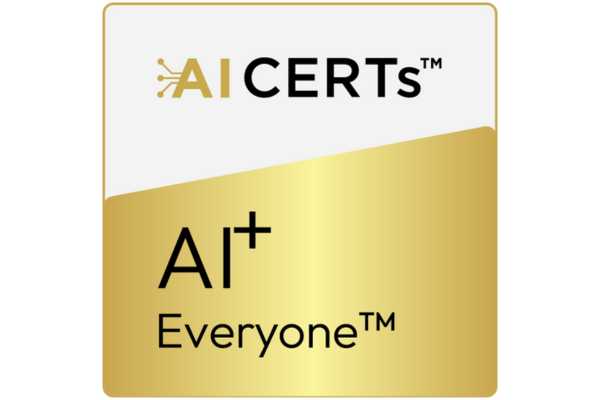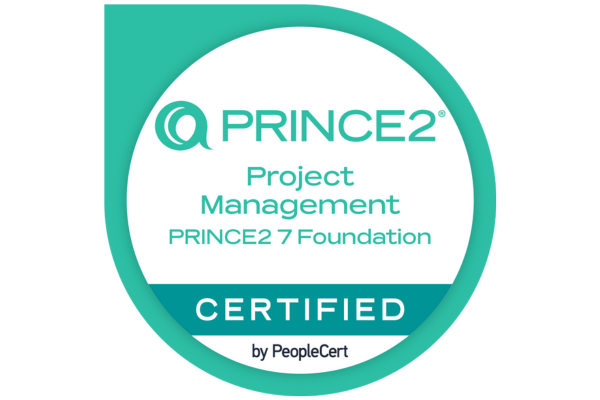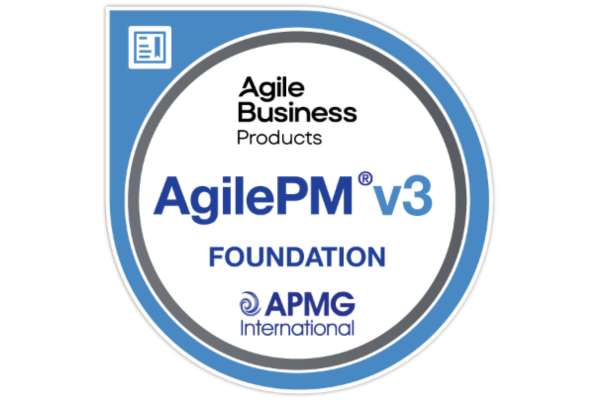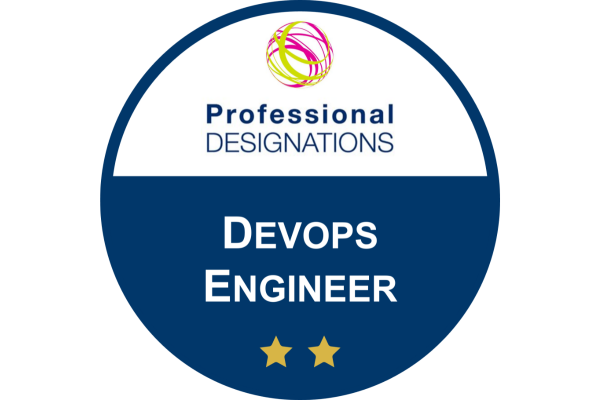
This three-day DevOps Engineer certification course provides knowledge about the essential skills and tools necessary for today’s DevOps Engineer.
DevOps is the convergence of existing IT best practices from ITSM, Lean, Agile, and Scrum into a development and operations approach that supports automation and continuous delivery. Described as more of a mindset than a framework, DevOps aims to blur the lines between the existing IT siloes to create a more collaborative relationship between Dev and Ops allowing organisations to create greater business value with more streamlined processes, faster deployments, and more successful releases.
Course Overview
As enterprise after enterprise moves toward DevOps, it is essential that the traditional specialists in development and operations expand their skillset into the role of a DevOps Engineer. Simply put, an organisation cannot succeed at DevOps without talented DevOps Engineers.
A key role in DevOps is the DevOps Engineer, who manages the output of software development and introduces processes, tools, and methodologies to balance needs and requirements throughout the entire deployment pipeline.
DevOps Engineers and DevOps teams make sure that everything is geared toward releasing updates as efficiently as possible. Highly effective DevOps is about collaboration, effective communication, removing barriers and introducing automation wherever possible. The role of DevOps Engineer is a critical success factor, accomplished by establishing a culture of experimentation and an environment of learning that enables the building, testing and release of software to happen more rapidly, frequently, and reliably.
Learning Outcomes
Upon successful completion of DevOps Engineer; you will understand:
- Understand the key characteristics and essential skills of a DevOps Engineer.
- Learn about the true impact of technical debt, unplanned work, and IT toil on business value delivery.
- Understand the architecture and functionality of the most popular DevOps tools in today’s deployment pipelines.
- Learn about the capabilities of cloud computing and, specifically, the public cloud computing platforms.
- Understand Agile versus waterfall project management principles and how they can make or break DevOps success.
- Learn about the three ways and the five ideals of DevOps.
- Understand how microservices are a key factor in the success of a DevOps initiative.
- Learn about infrastructure as code and its impact on configuration management.
- Understand the security basics necessary for a DevOps engineer.
Who should attend
This course is designed for traditional specialists in development and operations who want to expand their skillset into the role of a DevOps engineer. This includes, but is not limited to:
- DevOps engineers
- IT Architects
- Operations Analysts
- Change Managers
- Agile Scrum Developers
- SysOps engineers
- IT Team Leaders
- Software Developers
- Sysadmins and IT Managers
- Organisational Change Specialists.
Prerequisites
There are no prerequisites for this course; however, it is recommended to have a good knowledge of DevOps concepts, which can be gained by taking our DevOps Essentials certification course or equivalent.
Exam & Certification
This course prepares participants for the examination leading to the DevOps Engineer certificate, granted by Professional Designations:
- Exam is 1 hour; 40 multiple-choice; closed book
- 26/40 correct answers, a passing score of 65% is required
- You will receive an exam voucher for the web-based exam, to be scheduled after the course
- After completion of this course, you may apply for self-directed learning PDU's through PMI. A certificate of attendance is available upon request.
Course Material & Inclusions
Material for this course will only be provided as downloadable soft copy files that can be viewed on a variety of devices for 12-months. Attendees may print a hard copy of the files in whatever format best meets their needs.
DevOps Engineer online exam voucher plus a complimentary DevOps Engineer exam re-sit if you miss out on passing your certification the first time.
A digital badge you can share with your network of your course achievement will be provided via email upon passing your examination.
SFIA Skills and Industry Accreditation
This course enables participants to develop their knowledge and proficiency in the following Skills Framework for the Information Age (SFIA®) professional skills:
- METL: Methods and Tools
- SLEN: Systems and Software Lifecycle Engineering
- DESN: System Design
- SWDN: Software Design
- PORT: Software Configuration
- TEST: Testing
This list gives the core SFIA skills covered by the course. Elements relevant to other SFIA skills may also be included to a lesser depth. Proficiency in a SFIA skill is measured by performance assessment and is achieved through actual substantial use of that skill in a real-world situation over some time. In course assignments and exercises undertaken through a course can demonstrate elements of the relevant skills which can then be further developed back in the workplace. Acquiring new skills and building on existing skills, ideally occurs within the context of an agreed development plan for each person that ensures that their personal circumstances, strengths and development needs are met.
Recent customers
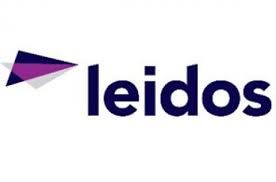



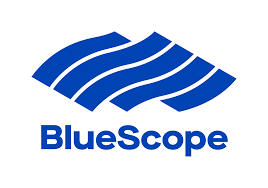
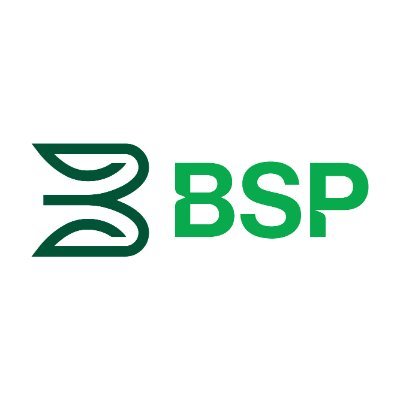
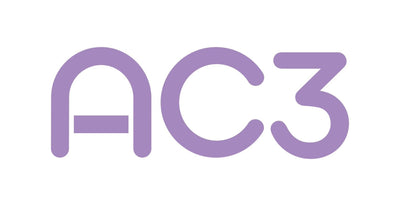

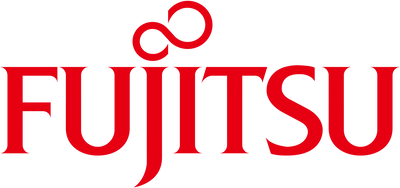



An amazing instructor who explained the content very clearly and at a very good pace. This was a good balance and approach. I found the worked examples very practical and very relatable to the Defence industry sector I work in.
Really good facilitation, kept me interested and shared so many practical applications.
Gave me a better understanding of concepts, theories and tools to formalise and improve my current relationship management.
The instructor was very professional and was able to explain each area thoroughly and is available for Q&A.
Learnt a lot that we can implement or improve on in our organisation. The presenter was clear, precise and could relate difficult concepts into language and scenarios we could relate to. Everyone came away from the course feeling that had learnt something valuable.
Catholic Education, Brisbane
The examples provided by the instructor as we were covering of material, made everything make sense. This helped during the exam. Pat was fantastic and engaging. Kept everyone on their toes and ensured he took the time to explain anything we were not clear on.
BAI Communications
The instructor was great and very interactive. He made sure we understood the material and gave ample opportunity for us to ask questions. He provided great examples which tied everything in.
You may also like
Back to DevOps course
